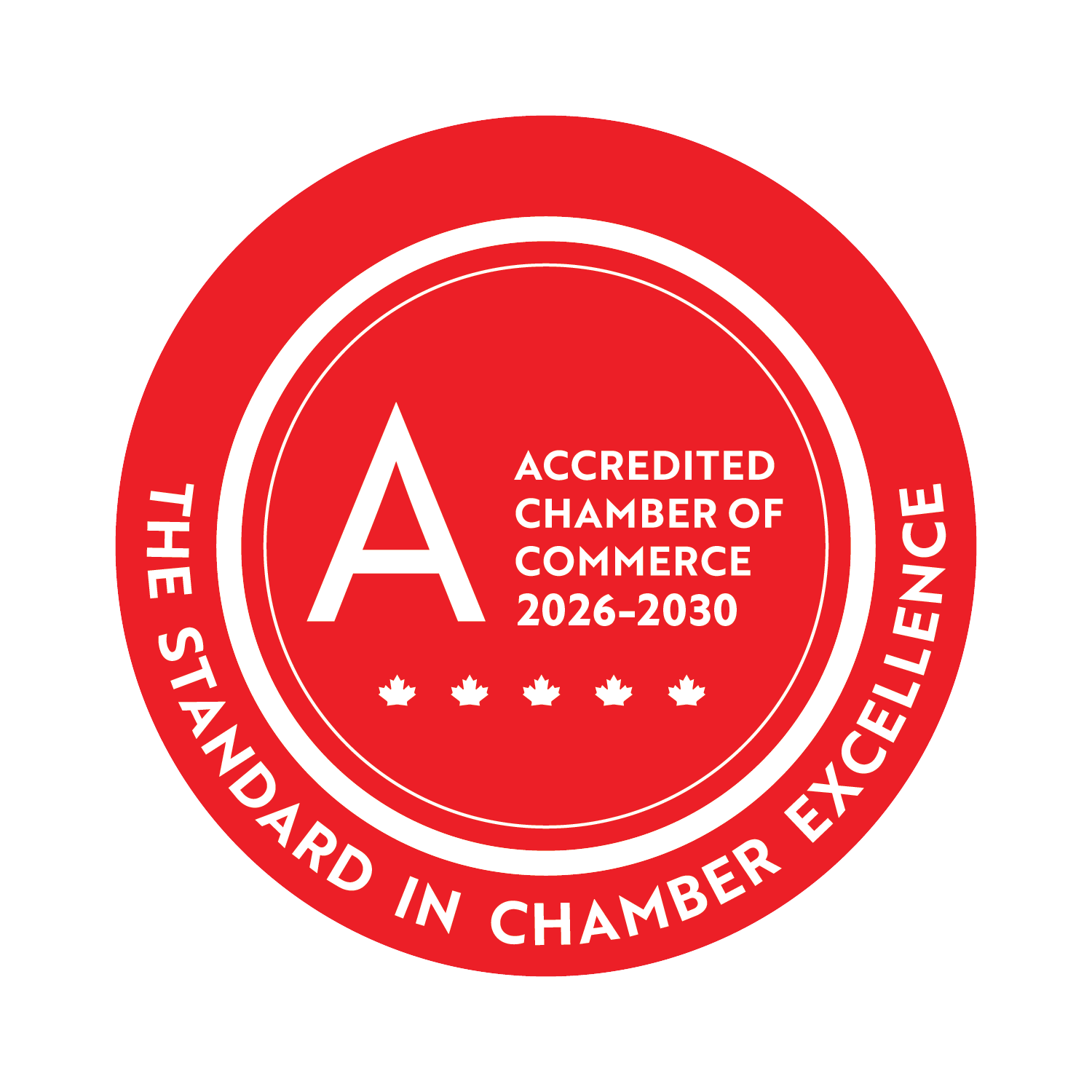In November 2015, the WSIB announced that it’s on track to eliminate the unfunded liability (‘UFL’) by 2022 – five years ahead of a legislated timetable to reach financial sustainability. The elimination of the UFL will eventually result in lower premiums paid by employers who fund the system.
The Ontario Chamber of Commerce (OCC) applauds the WSIB for this achievement, which is reflective of its efforts to become a more financially sustainable, transparent and accountable system.
The OCC has repeatedly called on the WSIB to make the organization more responsive to employers. In September 2015, the OCC submitted a response to the WSIB Proposed Preliminary Rate Framework consultation. In our submission, we recognized that the WSIB’s unfunded liability – which currently stands at $7.5 billion – is a drag on Ontario’s competitiveness.
Ontario employers are shouldering the burden of the WSIB unfunded liability. Premium rates paid by employers in Ontario –$2.46 per $100 of payroll on average – are among the highest in the country. The competitiveness of Ontario businesses depends on the elimination of the UFL as soon as possible to reduce the cost of doing business in Ontario.
Once the administrative burden of the UFL is eliminated, it is estimated that the WSIB will return over $2 billion annually to Ontario’s economy – helping the province emerge stronger from the recent downturn.
In its submission, the OCC provided the WSIB with ten recommendations designed to make the organization more responsive to employers. In addition to the reduction of the UFL, the OCC has identified three recommendations that the WSIB should implement in the near term:
Retain the Second Injury and Enhancement Fund (SIEF): The WSIB proposes to eliminate the SIEF. The SIEF incentivizes employers to return injured workers to modified work or regular employment and is a core feature of workplace insurance systems in other Canadian jurisdictions, including BC and Alberta, where workplace insurance boards administer a budgetary surplus. The SIEF does not undermine the financial sustainability of the system and contributes to its fairness.
Expand the proposed class structure: The WSIB proposes to reduce the number of employer classes from 155 to 32. Members of the business community have expressed concern that the proposed class structure risks grouping employers with very different risk profiles. This is problematic and could impose undue costs on businesses, particularly low risk operations.
Eliminate the Fatal Claims Adjustment Policy: In the proposed framework, workplace fatalities will contribute to the actual claims costs paid by the employer and may result in the employer being moved to a higher risk band. Additionally, the rebate/surplus mechanisms that were used to determine the fee paid by employers in accordance to the Fatal Claims Adjustment Policy have been removed from the proposed framework. As a result, the policy is redundant.
The OCC and its province-wide network of chambers of commerce and boards of trade will continue to work with the Ministry of Labour and the WSIB to ensure that the needs of the Ontario business community are considered in all areas of reform.
Read the OCC’s submission to the WSIB Proposed Preliminary Rate Framework.
The post Ontario Chamber of Commerce pleased that WSIB is ahead of schedule to eliminate unfunded liability appeared first on Ontario Chamber of Commerce.








